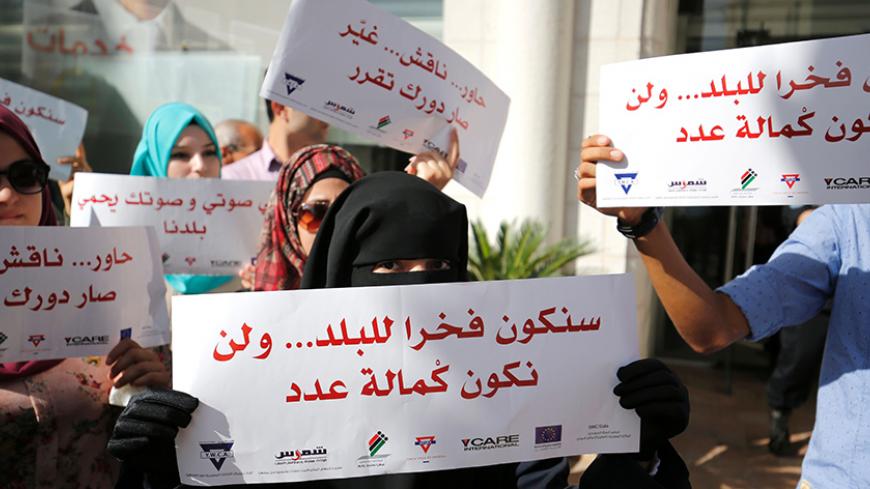The discussions in Palestinian homes in the city of Beit Jala this week focused on the foresight of the town’s mayor, Nicola Khamis. During a very close municipal election in 2012, Khamis had accepted a rotation agreement in which he would serve as mayor in the last two years of the scheduled four-year term. The argument espoused by Khamis’ supporters was that he knew that the erratic Palestinian situation might mean that the term of an elected official might stay longer than the scheduled four-year-term — and therefore, whoever chose the last two years is likely to stay in power a lot longer than that.
The idea of a prolonged term as mayor comes from recent history. In April 1976, the first time serious municipal elections took place, a host of pro-PLO Palestinian nationalists had a decisive win, filling most mayoral and council seats. In 1986, Israel, the occupying power, ultimately deposed or deported about half the mayors for anti-government agitation, and Israel was unwilling to have municipal elections take place again. Government appointees routinely replaced vacancies.



